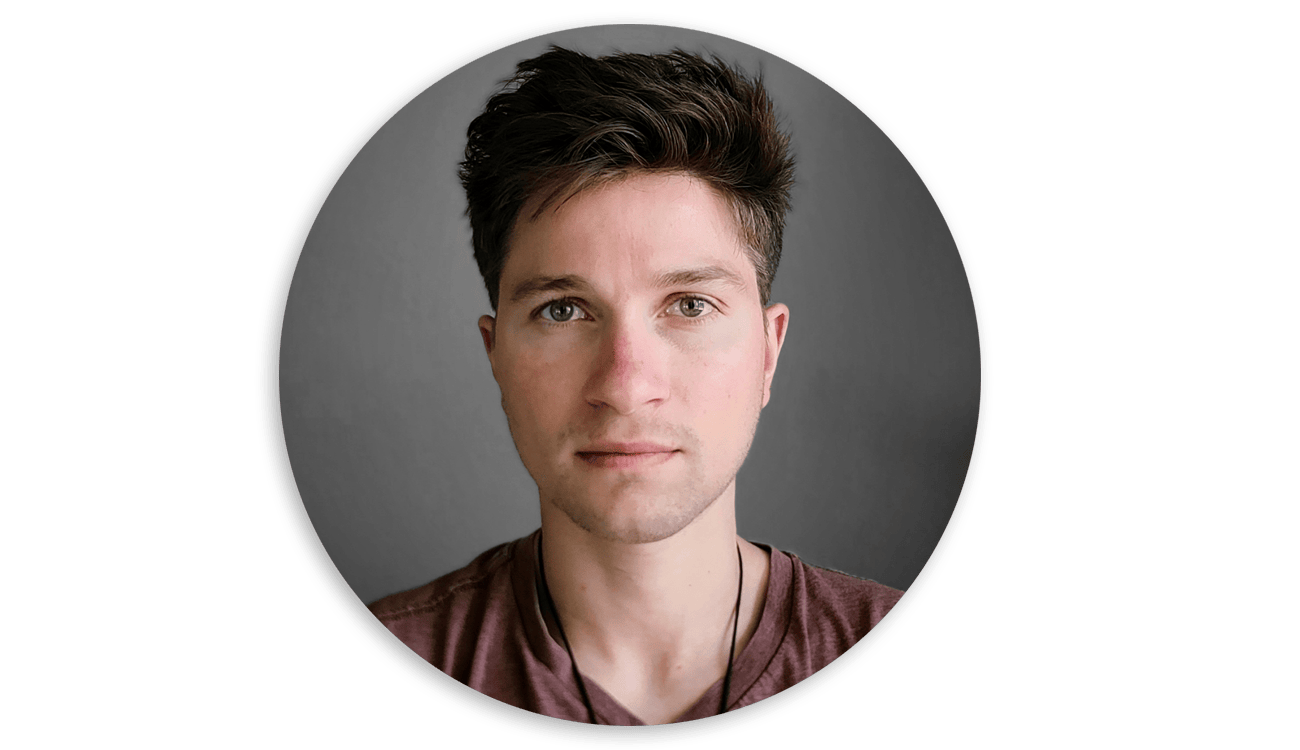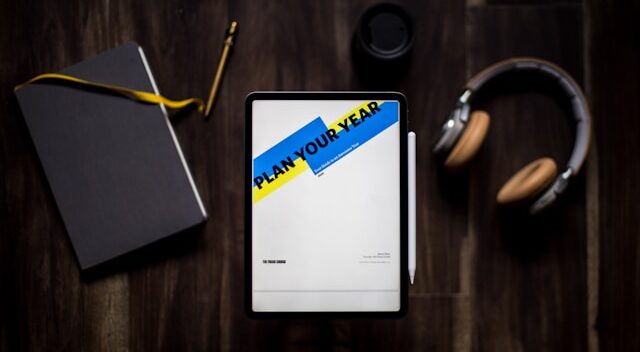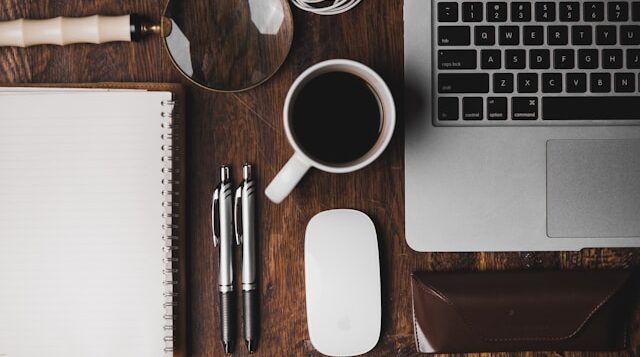Most of us have a toxic relationship with social media.
I know I did.
Our alarm goes off…
We start scrolling through the feeds.
We go to the bathroom…
We scroll through the feeds.
We eat breakfast…
We scroll through the feeds.
We try to focus at work…
We scroll through the feeds.
We get home from work…
We scroll through the feeds.
We lay down to sleep…
We scroll through the feeds.
This daily routine looks crazy on paper, yet this is how most of us live in today’s age.
It’s the sad evolution of modern society—A global addiction.
We were never supposed to live like this, and yet society has adopted this as “normal behavior.”
We justify sipping on the Kool-Aid because “everyone else is doing it.”
And so we scroll and scroll, and sip and sip.
And no one bats an eye.
In fact, the only time people raise an eyebrow these days is when you’re not on social media… when you’re not sipping on the “digital juice.”
Social Media has become a paradox…
It’s convinced us that if we’re not using it, we’re alienating ourselves from everyone and everything.
Yet, when we excessively use it, it has the opposite effect on us. We feel more disconnected than ever. More lonely. More depressed. More alienated.
And it’s not necessarily our fault…
When social media started hitting the scene in the early 2000s, these companies pitched to us a utopian future, where all of us are digitally connected through an authentic social network—a way for humans to connect to each other and stay up to date through the pixels.
But the last 15 years have shown us their true intentions.
“There are only two industries that call their customers ‘users:’ illegal drugs and software.” – Edward Tufte
If an app is “free to use”, it only means one thing: that we (the users) are the product.
These apps have been intelligently designed to consume our attention, feed off our dopamine, and keep us addicted to their platforms for the sake of their advertisements.
We are their assets because we consume their ads.
They’ve taken advantage of our minds and monetized our attention.
My Experience With Social Media
There’s been two ways I’ve used social media in my life.
I’ve used it for personal accounts, which is the way the majority of people use it (for staying updated with family, friends, and other interests).
And I’ve used it for business accounts (for having a place to post my creative work online).
Both of these ‘use cases’ have led to a negative impact on my mental health.
How Social Media Affects My Mental Health
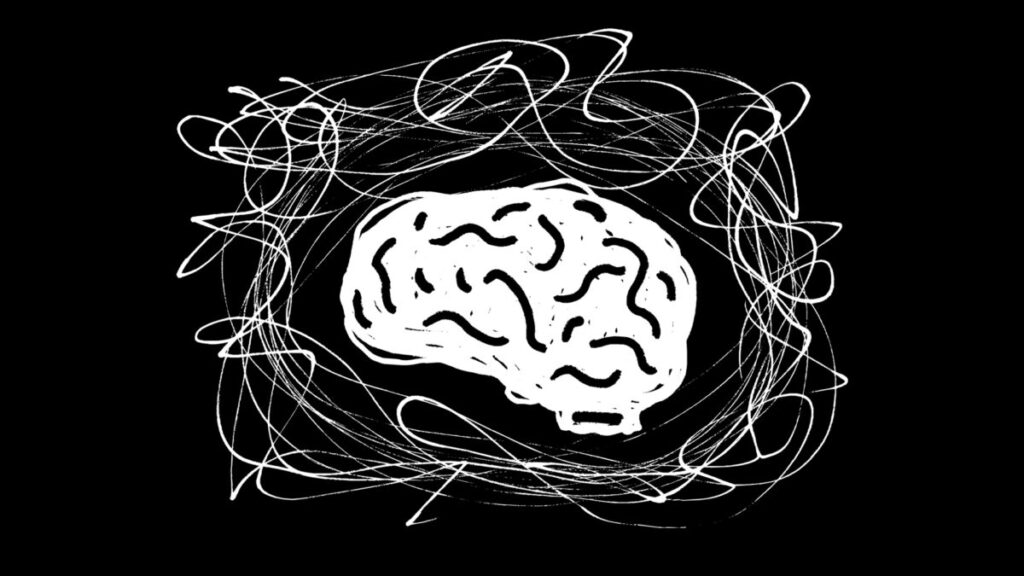
“The more time you spend online, the more your life is cataclysmic.” – Cal Newport
We’ve all heard of the negative side effects of using social media.
And to be honest, I think the people who say it has no effect on them are just in denial. Their objection is always that they have the “willpower” to not get addicted…
But it has nothing to do with willpower–It has everything to do with dopamine. And we will never win the fight against a tech that has been designed to take advantage of this addictive chemical in our minds.
I’ve tried willpower. I’ve tried discipline. It doesn’t work when you’re climbing a slippery slope.
I’ve never been immune to any of the negative side effects.
In the past, it’s destroyed my focus, made me feel lonelier, affected my attention, isolated me, and trapped me in cycles of comparison.
Unfortunately, these are all heavy hitters to the mind, but the one that has affected me the most is comparison.
There’s that famous quote, “comparison is a thief of joy,” but I think it goes much deeper than that.
Comparison leads to a life not fully lived.
It paralyzes us…
And robs us of all things authentic to our way of being.
It makes us believe that everyone and everything is better than what we currently are and have.
Wherever we are in life, “other people” on these apps appear to always have it better than us.
How Social Media Affects My Creativity
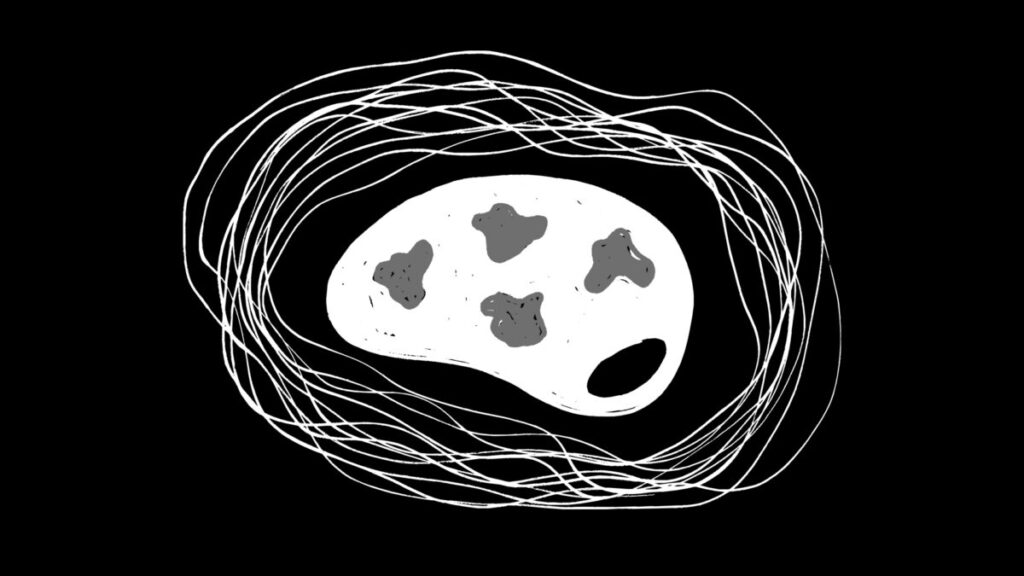
“Sometimes you have to go offline to get your creativity back online.” – Chase Mac
I’ve always been a creative at heart and drawn to sharing my work online.
However, excessive social media use has impacted my creativity in similar ways as using it for my personal accounts, but with additional consequences.
The comparison trap is still there. It’s no longer just about personal matters, but about comparing my creative work to what other people have created.
I burn out quickly because I constantly feel the pressure to post my work in order to satisfy the apps fast-paced algorithms.
At times, I’ve developed an unhealthy habit of obsessively checking the “likes” on my posts.
And I catch myself feeling the need to create my work based around trending topics, instead of staying authentic to my craft.
What To Do About Social Media

There’s a reason we feel mentally and physically worse when we’re glued to our screens. Humans aren’t wired to live in a purely digital world—we’re wired to live in the natural one. The real one.
Not the matrix that social media has trapped us in.
Our creativity and mental health are our most valuable resources. By reducing our use of social media, we protect the currency that matters the most to us.
Without creativity, humans would still be stuck in the caves, and without proper mental health, we would never get off the couches that we’ve built outside of the caves.
The reality is, whether we like it or not, the modern world has evolved to use social media. And it’s here to stay.
So we’re left with three choices:
- Continue using it in an unhealthy way
- Abandon it altogether
- Learn to use it in a healthy way
I stopped using my personal social media accounts around 5 years ago, so that shows you my opinion on that. For me, the cons outweighed the pros every time I calculated them.
I can’t begin to tell you how much better life got because of this.
My life—especially my creative life—has become more simple, less distracted, and more focused.
However, when it comes to my creative work, like being a digital writer and content creator, I was in a dilemma because I needed to bring social media back in my life.
As I discussed in my last article, social media is the lifeline of my one-person creative business. So avoiding it altogether would compromise my entire business.
Sometimes the decision isn’t whether or not TO USE social media, but more so about HOW WELL we can use it. – Chase Mac
Unfortunately, when it comes to my creative work, social media is a “necessary evil”—one that I’ve learned to be very careful with or I’ll constantly fall victim to its negative side effects.
I’ve tried countless approaches to managing my social media use in a heathier way. Some have helped and others have not.
But through these experiments, I eventually developed my own philosophy around how to use it effectively in the most healthy way when it came to my creativity.
My Social Media Philosophy

I like to think of “social media apps” as falling into two distinct categories:
1) Scroll Media Apps
Think of these as the apps you mainly “scroll on.”
Like TikTok, Instagram, Facebook, X, etc.
These apps are like treadmills—they’re designed to keep you moving (scrolling) on the feed. You scroll endlessly in an addictive loop via their feed-based algorithms.
2) Search Media Apps
Think of these as the apps you mainly “search on.”
Like YouTube, Reddit, and even Google (for articles/blogs), etc.
These apps are like libraries. You go there with intention, looking for (searching for) something you want via its search-based algorithm.
Scroll Media Apps vs Search Media Apps
I’ve noticed a significant difference in my mental health while using Scroll Media Apps compared to Search Media Apps.
The majority of my mental health issues have stemmed from using Scroll Media Apps.
In my experience, these platforms are the most damaging to our minds.
They’re engineered to keep you glued to the screen, in more destructive ways than Search Media Apps.
It’s why it has the nickname “doomscrolling” because it feeds you endless streams of addictive short-form content.
On the other hand, we naturally use Search Media Apps to find content we’re looking for, rather than scroll through content.
Now I’m not saying that these apps don’t have an addictive nature to their designs as well. They do. But from my experience, I find it’s much easier to avoid the pitfalls of them compared to Scroll Media Apps.
Search Media Apps allow you to engage with content on your own terms, instead of being spoon-fed whatever the “algorithm” wants to show you to keep you hooked. It’s a healthier way to engage with content because you’re in control.
You search, you choose, and you consume what interests you. Not what something feeds you.
My Creative Work Philosophy
If you’re a creative, and posting your work online to reach an audience, the contrast between Scroll Media Apps and Search Media Apps becomes even more critical.
Scroll Media Apps are the worst place to share your art.
Why?
Because they give your creative work a death sentence. After 48 hours on these apps, your posts essentially die—getting lost in the flood of new posts on the feed-based algorithm.
In other words, no one is searching to find older posts on Scroll Media Apps (like Instagram or TikTok) because they weren’t designed for “searching,” they were designed for “feeding.”
But it’s much different on Search Media Apps because they let your creative work live forever.
Your YouTube video, Reddit post, or blog article can be found years later when someone searches for the right keywords on these platforms, allowing your content to continue reaching people long after you’ve moved on to your next creative project.
I don’t know about you, but I don’t enjoy creating content (like this article) for it to be buried in a few days. I want my work to leave a lasting impact on the platform it’s published to.
This is how creative work should live online—timeless, discoverable, free from expiration dates. Don’t let the urgency of Scroll Media Apps algorithms convince you that your art has a shelf life. It doesn’t and never should.
Stay intentional, protect your mental health, and choose platforms that support, rather than exploit, your creativity.
Become a Social Media Minimalist

Cal Newport coined the term “Digital Minimalism” for reducing our use of daily digital tools (smart phones, computers, email, social media, etc), but I’ve expanded off his philosophy in order to zoom in on what I call “Social Media Minimalism.”
We should all become social media minimalists in an era where social media has overrun everyone’s life.
Focus your online time on a few optimized activities (on the right platforms) and be okay missing out on the rest.
“We are not wired to be constantly wired.”–Cal Newport
As someone who teaches creatives to become content creators, here’s my #1 advice:
Consume ideas and create artistic output on Search Media Apps and avoid Scroll Media Apps as much as you can.
Now, with this said, before fine-tuning my social media philosophy, I gained a combined audience of 150,000 followers on Instagram and Facebook.
As mentioned above, I technically categorize these two platforms as “Scroll Media Apps” but since I already had a decent following, I knew it wouldn’t be a smart business move to ditch them entirely (although I want to).
Because I can confidently say, If I didn’t have a following already on these apps, I would have ditched them just like I have with X, Threads, and TikTok.
So my “work around” is limiting my use of Facebook and Instagram to nearly zero without actually deleting my business accounts.
Meaning, I literally only log into the Meta Business Suite (never the apps themselves) to schedule out all my posts for the week on both Instagram and Facebook, then I sign off.
I don’t have ANY social media apps on my phone (the scroll media apps and search media apps) and never will. This is a mandatory rule of mine and it helps me avoid 90% of the mental health pitfalls of them.
Here Are My Rules for Social Media Minimalism

- Be Selective of Your Social Media Platforms
Ask yourself: Which apps add value to your life, and which one’s feed an addiction? Self-honesty is key. Remove the ones that affect you negatively. - Make Your Smartphone a “Boring Phone”
Delete all social media apps from your phone. ALL of them. Only use your phone for calls, texts, emails, and Google searches. This alone will have the most impact on your mental health. If you still MUST use social media, only use the website versions on a computer. They are much less addicting. - Use a YouTube Chrome Extension
For many people, including myself, YouTube’s website can be just as addictive and harmful. I use two Chrome Extension called ‘Minimal YouTube Homepage’ and ‘YouTube Enhancer’ that blocks the sidebar and all recommended videos to avoid its addictive feed. This keeps your use of YouTube much more healthy by having to search for what you want to watch. - Be Intentional with Content Consumption
Don’t be a mindless content consumer. Search for content (on Search Media Apps) and never scroll for it (on Scroll Media Apps). This keeps your content consumption more intentional. You’ll also find the content to be much richer on “Search Media Apps.” - If You’re an Artist, Create Away from Screens
I do everything in my power to stay away from digital screens when creating art. This helps preserves my creativity, as well as keeps me focused and away from digital addictions. And to take things even further with this rule, I even stick to paper books and print out physical blog articles to read and inspire new ideas for my art.
That’s all I wanted to share in this article. Hope these tips help you.
Be sure to subscribe to my newsletter if you haven’t already, and reach out if you have any questions. I’ll see you on the next one.
Keep creating, my friends.
-Chase Mac


